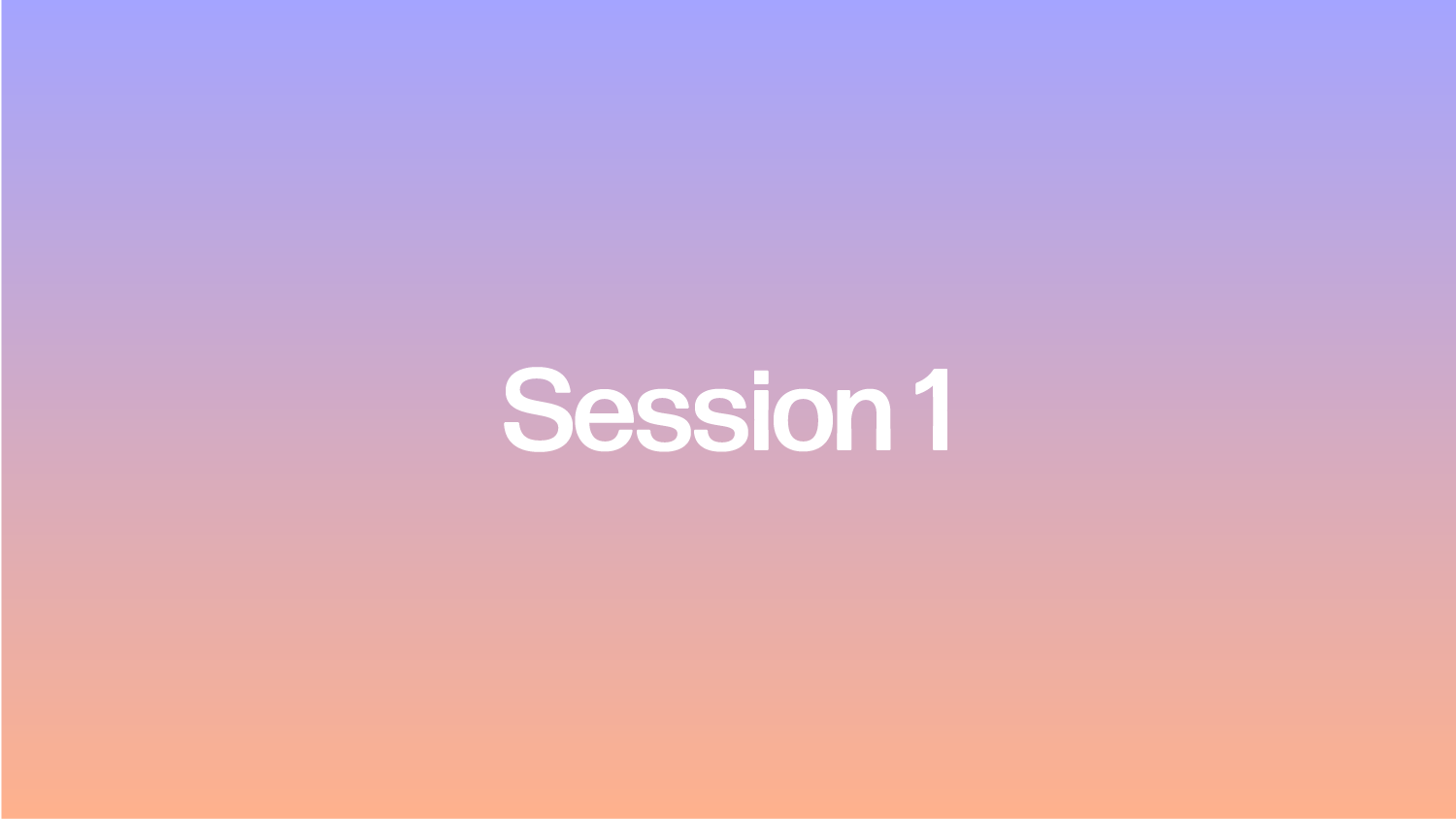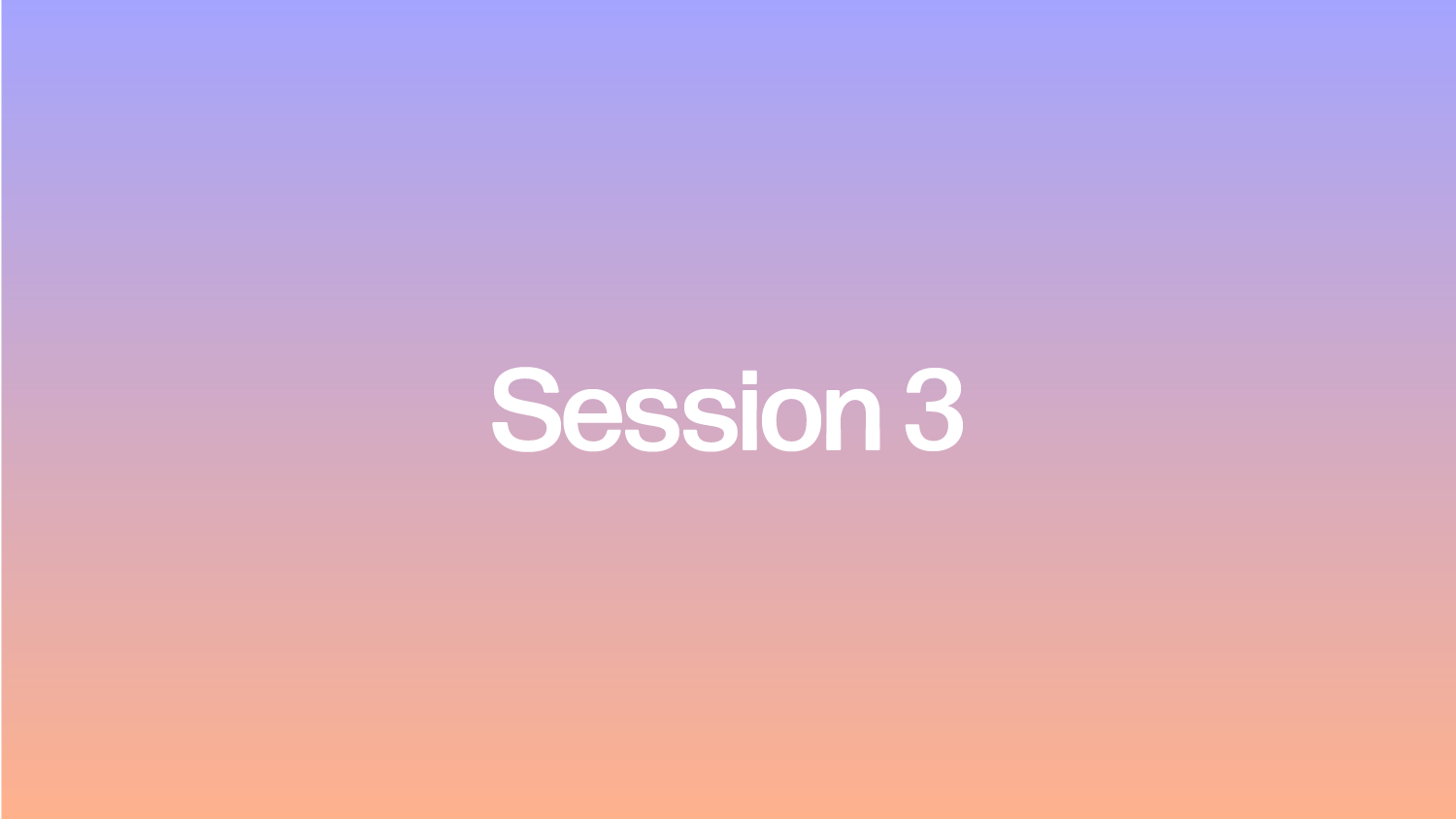
Training course
Untangling Autism
& Chronic Illness
© Neurodiverse Connection 2025
This course offers a collaborative and inclusive space for Autistic and chronically ill people* to explore topics such as sensory needs, communication, ableism and disability pride, in order to begin to understand and untangle their lived experience.
Course instructor Charli Clement (NdC Associate) will help you begin to understand how autism and chronic illness can intertwine and clash, both internally and externally as you navigate the world.
*No formal diagnosis is needed to be part of this space. We acknowledge the many barriers that can exist to formal diagnosis.

Our approach
This course aims to reorient discussions of Autism and chronic illness away from neuronormativity, and from deficit-based and medical model-thinking, and capitalist, ableist and white-supremacist paradigms.
This course mostly focuses on physical chronic illnesses (such as Ehlers-Danlos Syndromes, Myalgic Encephalomyelitis, Fibromyalgia, Endometriosis or Diabetes).
The course does not focus on any one specific chronic illness but aims to speak to shared commonalities that may underpin many different experiences of chronic illness.
Session content

FAQs
-
This course is for Autistic and chronically ill individuals looking to explore and understand themselves, and challenge some of their own beliefs or assumptions.
Whilst this course is aimed at individuals with their own lived experience, rather than for parents or carers, we are committed to creating an inclusive and accessible course for all participants and recognise that some participants may need support in order to engage with the course.
If you need support from a parent, carer, or another individual to attend or engage with the course, we encourage you to get in touch with us.
Attendees must be 18 years or older.
-
The course will be delivered online via Zoom. The sessions will include presentations, workshop-style spaces for reflection, discussion, and connection.
It will be delivered across five online, 90-minute sessions on Tuesday evenings at 6pm.
-
£48 (inc. VAT)
Bursary places are also available upon request. If this would help you to access the course, please contact booking@ndconnection.co.uk
-
To complete this course, you will need:
A computer with good, reliable internet access
A tool to write and reflect (eg paper and pen or an iPad)
A private & quiet space to attend
A commitment to attending all the sessions
If you can, having a second device is useful
If you have access needs that you’d like to discuss, please contact us
-
This course can accommodate up to 15 attendees.
-
We ask that you know you are free on all the dates before you book your place on the course.
However, we acknowledge that as chronically ill people it may not always be possible to attend a session. To accommodate this, we will be recording the presentation section of the sessions.
These recordings will only be shared within the group. The recordings will not be edited and will only be for the purpose of catching up attendees if they are not well enough to attend.
-
This particular course is for Autistic and chronically ill people themselves. If you are interested in a training session or short course on this topic at your workplace, please get in touch to discuss.
-
Much of the content of this course may also be relatable to those who are Neurodivergent and feel that their traits or experiences (such as depression) are ‘chronic illnesses’— where symptoms and traits can crossover, and systemic issues impact similarly.
It is up to you as to whether you think this course and the community it provides will be beneficial for you in this case. If you’d like to discuss this further, you can email booking@ndconnection.co.uk
-
No, this course does not aim to change or cure any of your traits or symptoms. It is not a pain or fatigue management course, for example, and is not a medical course either. What it does aim to do is allow you to understand yourself, and maybe that will mean you will be able to accommodate yourself better or regulate more easily, which may have a positive impact.
Meet your trainer
Charli Clement
NdC Associate
Charli Clement is proudly Autistic, ADHD, dyspraxic, and chronically ill, and is particularly passionate about discussing links between co-occurring conditions, gender, sexuality, and how this then relates to capitalism, systems, and social justice.
-
Since 2020, Charli has been working with the NHS and third sector organisations on psychiatric care, autism, sensory environments, and human rights after their own admission to a CAMHS unit as a teenager. They have worked on a variety of projects including sensory environment reviews, providing training sessions, and working on co-production for pilot projects aiming at admission reduction of autistic individuals.
Charli is a seasoned keynote and public speaker. They have spoken to a variety of clients including the British Medical Association, Activision Blizzard, Young Minds, VISA, Scope, and Brass Bands England. Charli has also filed bylines in outlets such as the Independent, the Metro, The i, Digital Spy, and VICE.
Charli's first book, All Tangled Up in Autism & Chronic Illness, a guide to navigating multiple conditions, was released in December 2023.
In their spare time, Charli loves reading and going to the cinema, theatre, and concerts. They also create content across platforms—you can find them @charliclement_
How was the course developed?
My debut book, All Tangled Up in Autism & Chronic Illness, was released in December 2023, and since writing, I’ve learnt a lot more about these topics and about what is missing from resources and support in this area. Most Autistic and chronically ill people don’t get to reflect or understand themselves, or get given resources that are true to them—and they especially don’t get to do this in a space that sees them as more than their ability to work, or that doesn’t see their autism as a deficit.
—Charli Clement










